Charles III coronation: Few takers for hereditary monarchy in Commonwealth
By Reza Javadi
Westminster Abbey in London on Saturday hosted a coronation ceremony costing around $125 million, funneled directly from taxpayers’ money.
It came as the country, and the region in general, grapples with surging inflation and a worsening cost-of-living crisis, sparking countrywide anti-monarchy protests.
After a seven-decade roller-coaster journey from heir to the monarch, Charles III became the head of the state last September, following the death of his long-reigning mother Queen Elizabeth II, paving the way for the continuation of the hereditary monarchy, much to the chagrin of Britons.
A new poll has revealed that more than half of British adults believe the coronation ceremony, held on Saturday, should not have been funded by British taxpayers’ money.
Speaking to protestors at the venue of the coronation ceremony on Sunday, Graham Smith, chief executive of anti-monarchy group Republic, termed the ceremony an “expensive pantomime” and a “slap in the face for millions of people struggling with the cost-of-living crisis.”
While the British parliament is responsible for the approval or rejection of bills, and the prime minister’s cabinet takes foreign policy decisions, a symbolic figurehead gets hundreds of millions from the country’s budget for his coronation,
And that is besides the staggering amount of money spent by the members of his royal family on their shenanigans, taken from government coffers, which means taxpayers’ money.
Charles III ascended to the British throne at a time of growing national challenges and crises such as soaring inflation, energy crisis, crumbling legitimacy of the British political class, social unrest, and a series of strikes and protests across the country.
The new King of the UK and the Commonwealth, who has now inherited thousands of dolphins, swans, sturgeons, and whales owned by the Crown following the death of Queen Elizabeth, is celebrating his accession as the majority of the country’s population is turning their back on him.
There are a large number of Republicans in the UK, with around half of the young British population expressing their displeasure over the monarchial rule and preferring an elected head of state. The sentiment has intensified in recent years with growing awareness.
According to a survey by YouGov, published in late 2021, 41 percent of those aged 18 to 24 thought the hereditary monarchy should be abolished.
In another newly published survey by the National Centre for Social Research (NatCen), 45 percent of Britons said either it should be abolished, is not at all important, or not very important, marking the historic low support for the monarchy.
The study by NatCen revealed that only 3 out of 10 Britons believe that a monarchy is “very important”.
Moreover, the coronation came at a moment when the prestige and legitimacy of the monarch itself is at its lowest, at least over the past five years, as a result of multiple scandals involving the members of the British royal family and the immediate family of Charles III.
The royal family’s image across the world has traditionally been intertwined with colonialism. According to an essay in The New York Times by Harvard University professor Caroline Elkins, the British colonial rule had pernicious effects from its onset.
“After Britain waged some 250 wars in the 19th century to ‘pacify’ colonial subjects, a contested though the coherent ideology of liberal imperialism emerged that integrated sovereign imperial claims with a huge undertaking to reform colonial subjects, often called ‘children’,” Elkins writes.
She asserts that the UK’s so-called ‘civilizing mission’ was ‘brutal’ in its essence. “Violence was not just the British Empire’s midwife, it was endemic to the structures and systems of British rule.”
In a series of his own gaffes, former British Prime Minister Boris Johnson, who faced an unceremonious exit from office, last year admitted his country’s imperial zeal for colonialism.
“I cannot help remembering that this country over the last 200 years has directed the invasion or conquest of 178 countries – that is most of the members of the UN,” he said in July 2022.
Many people falsely label the British monarchy as a sign of national unity, while a growing number of voices in Scotland and Northern Island want independent status for their nation from the monarchy.
Charles III has to face a deeply divided country that is battling economic turmoil and deepening cynicism about politics. He will have to contend with Britain, the Commonwealth, and the world, demanding reparation and restitution for centuries of slavery and colonialism.
Given Charles’ low popularity and racism scandals in the royal family, revealed by Duchess of Sussex Meghan Markle, the detestation for the British crown and monarchy is likely to grow further.
Reza Javadi is a Ph.D. Candidate in British Studies at the University of Tehran.
(The views expressed in this article do not necessarily reflect those of Press TV.
Tehran warns of false-flag operations, says Israel ‘undoubtedly’ seeking to widen war
New wave of attacks devastates key US base in Bahrain as Iran strikes back
Melania Trump chairs UN children's meeting as Iran buries kids killed in US-Israeli attack
Why Iran’s Leader refused special protection, leading from the front until last breath
Hezbollah strikes Israeli surveillance, military base in Golan Heights, occupied lands
Iran holds funeral for scores of schoolgirls murdered in US-Israeli aggression
Iran destroys main command building, headquarters of US air base in Bahrain
US embassy in Saudi capital set ablaze after drone attack: Riyadh



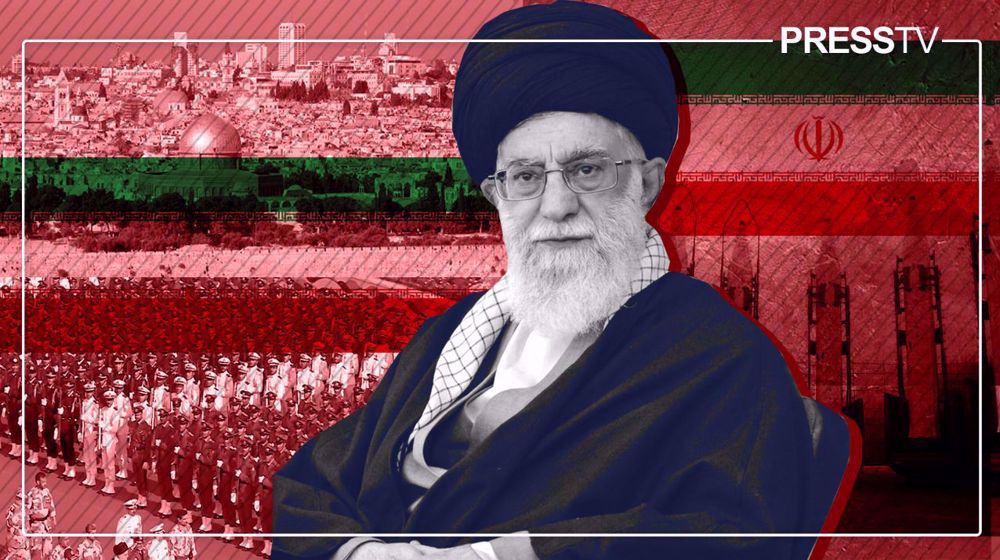

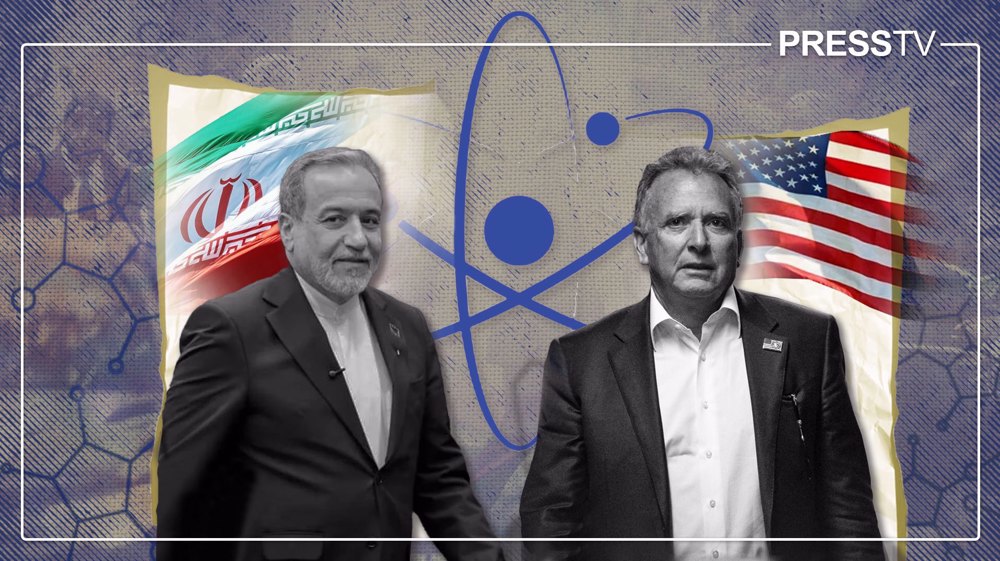



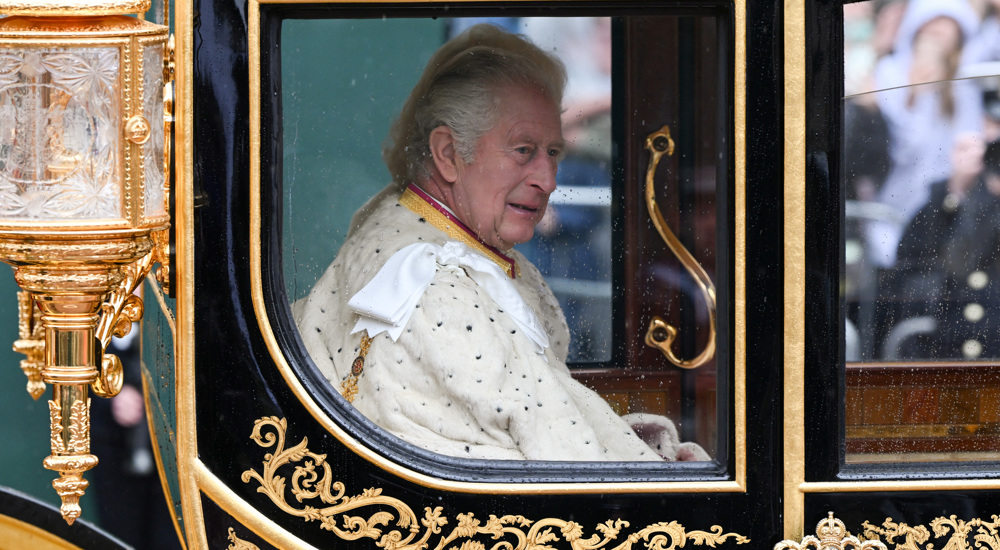
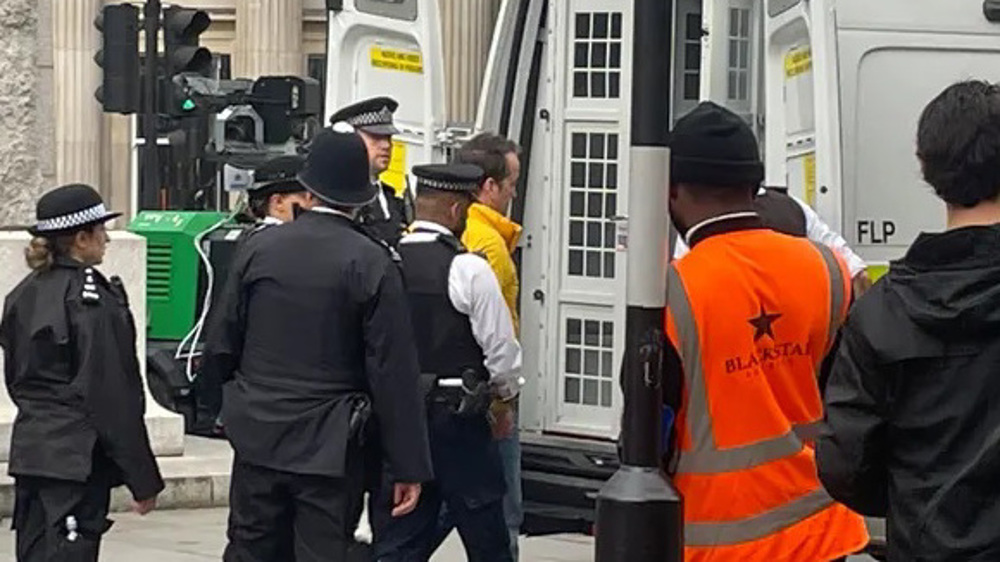
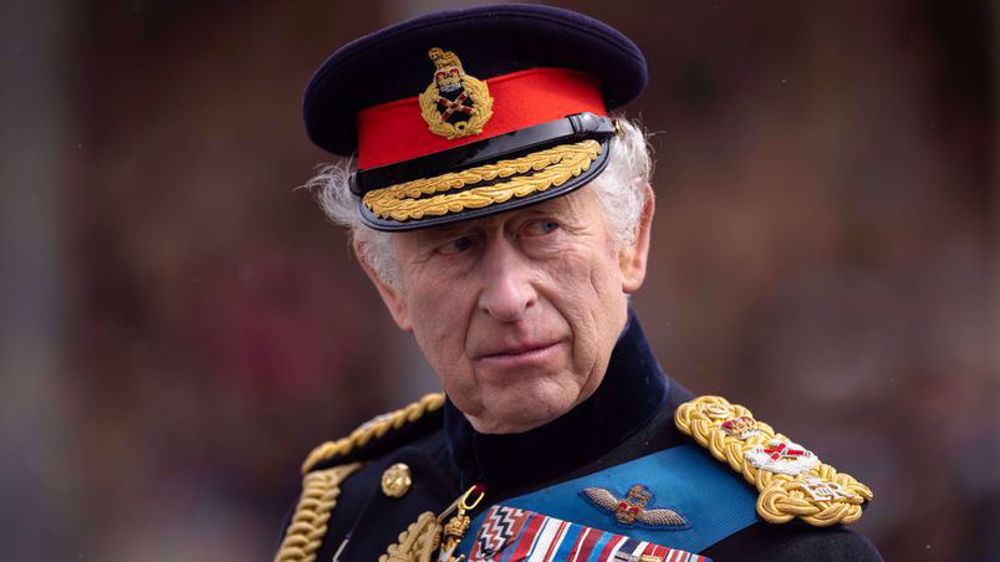
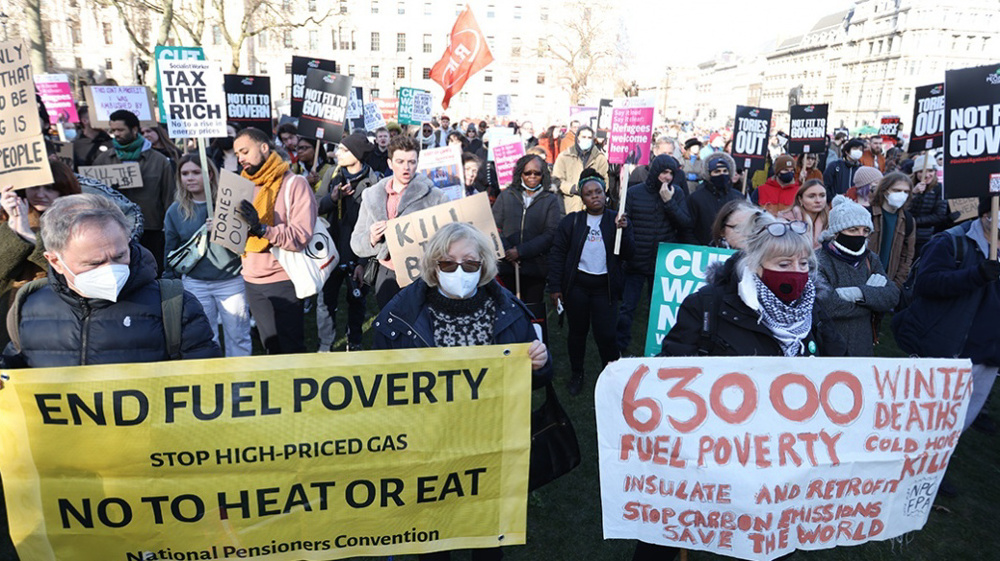

 This makes it easy to access the Press TV website
This makes it easy to access the Press TV website